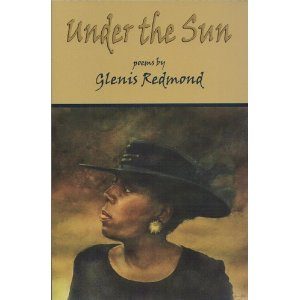Natalie Serber (fiction, ’05): Natalie’s article “Care Package” is up at The Rumpus:
Across the continent my sweet girl has been crying herself to sleep at night. She told me this in a mouse voice—small and deflated. I heard the scrape of hangers on her end of the line. She, in Brooklyn, shopping at a thrift store for a sheepskin coat, preparing for her first New York winter; me, in Portland, shopping for mascara to send in a care package to her college address. I put down the tiny pot of eye cream that had distracted me with its promise of miracles—taut, bright skin, Spanx for the eye zone—and listened to my daughter talk of her loneliness, a spidery agitation growing in my chest. I know her nighttime sorrow. I know it is a perfectly normal, even character building experience for a plucky young woman embarking upon the next phase of her life, surprised by a bout of homesickness and too far away to hop in the car for a weekend in her childhood bed. But moments like this, remote from her, unable to wrap her in my arms, fill me with a faint floating sadness. No one wants to feel alone. “Oh Lovely, what can I do?” …[Keep Reading]…
Natalie is the author of Shout Her Lovely Name (2012, Houghton Mifflin).
(2012, Houghton Mifflin).










